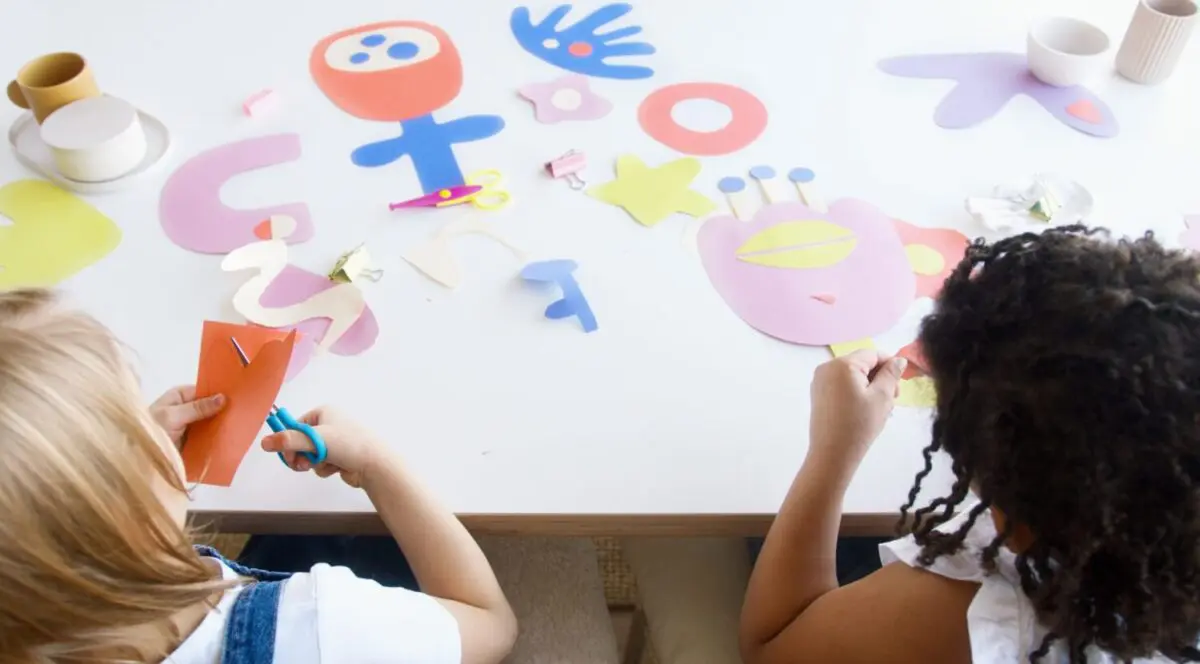The European Court of Human Rights (ECHR) obliged Bulgaria to create a authorized framework to recognize same-sex relationships. The determination was made within the case of Koilova and Babulkova towards Bulgaria, knowledgeable lawyer Denitsa Ljubenova, who represents the household.
Six years of wrestle with the Bulgarian establishments
Lilia Babulkova and Darina Koilova have been collectively for greater than 14 years. In 2016, they bought married in Great Britain, however since 2017 the Bulgarian establishments have refused to register their marriage.
The ECtHR dominated that companions can not regulate important elements of their life as a pair, equivalent to these associated to property, upkeep, safety from home violence and inheritance, like an formally acknowledged household. They additionally can not refer to the existence of their relationship in relations with the judicial or administrative authorities, summarizes Ljubenova. The courtroom finds that none of the grounds for violation of the general public curiosity put ahead by the federal government prevails over the candidates’ curiosity in receiving satisfactory recognition and authorized safety of their relationship, writes “Deutsche Welle”.
Changes to the Family Code are coming
“This was necessary in order to encourage the Bulgarian legislator to create a legal framework. Up until this point, we had no external obligation to create one,” Denitsa Ljubenova advised DV. “From now on, in order to fulfill its positive obligations and end the violation, it must create a legal framework, which will require changes to the family code.”
Illustrative Photo by Artem Podrez: https://www.pexels.com/photo/two-kids-doing-some-artworks-6941096/







